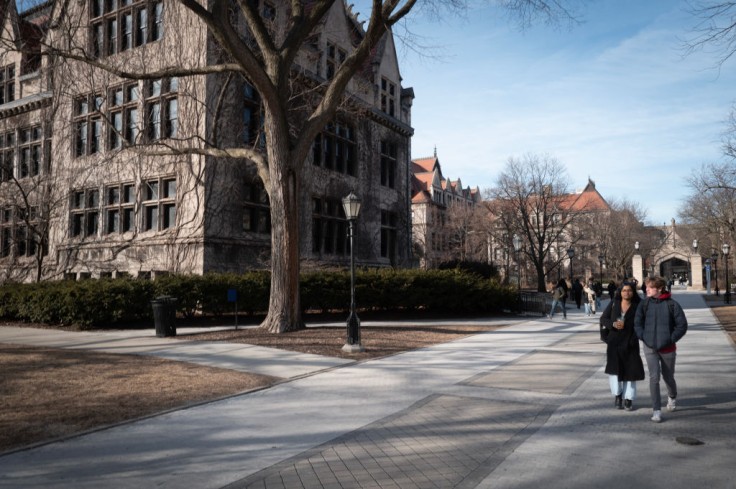University of Chicago Students Hit by Visa Revocations Amid Immigration Crackdown
By
CHICAGO, Ill. — The University of Chicago is reeling from a sudden wave of student visa terminations, with seven international students—three current enrollees and four recent graduates—having their F-1 visas revoked by the federal government. The announcement, made by university officials on Wednesday, April 9, 2025, has sent shockwaves through the campus community and raised urgent questions about the Trump administration's escalating immigration policies.
The visa cancellations were uncovered during a routine audit of the Student and Exchange Visitor Information System (SEVIS) by the university's Office of International Affairs. While the specific reasons for the revocations remain unclear, the university confirmed that the affected students were notified of their terminated status, thrusting them into a precarious legal limbo. "The University of Chicago is committed to supporting our international community," a university spokesperson stated, adding that efforts are underway to connect those impacted with immigration attorneys.
This development aligns with a broader pattern of visa revocations sweeping across U.S. colleges and universities. Reports indicate that institutions like the University of Illinois Urbana-Champaign, Northwestern University, and Southern Illinois University have also seen students affected, though exact numbers remain undisclosed. Nationwide, over 300 international students have reportedly lost their visa status in recent weeks, a figure underscored by Secretary of State Marco Rubio's claim last month that the State Department has revoked hundreds of student visas as part of a targeted enforcement effort.
The Trump administration's immigration stance, which includes promises of mass deportations and tightened visa regulations, appears to be driving these actions. Rubio has publicly boasted about targeting students involved in political activism, though no evidence has surfaced linking the University of Chicago cases to such activities. The lack of transparency from federal authorities has fueled frustration, with immigration advocates and university officials alike decrying the absence of clear justification or appeal processes for those affected.
For the students involved, the consequences are immediate and severe. F-1 visas, which allow international students to study in the U.S., are tied to their ability to remain in the country legally. With their SEVIS records terminated, these individuals face the prospect of leaving the U.S. or risking deportation if they stay. The university has pledged to assist, offering resources like counseling and legal support, but the path forward remains uncertain.
The Hyde Park campus, known for its vibrant international population, is now a focal point of concern and activism. Students and faculty are grappling with the broader implications of this crackdown, which threatens the diversity and global exchange that define the institution. "This isn't just about seven people—it's about the message it sends to everyone here," one graduate student told University Herald, speaking on condition of anonymity.
As the situation unfolds, the University of Chicago joins a growing list of schools caught in the crosshairs of federal immigration policy. With no immediate resolution in sight, the affected students and their peers brace for what could be a defining moment in the university's history—and a stark test of its commitment to its international community.
© 2025 University Herald, All rights reserved. Do not reproduce without permission.








